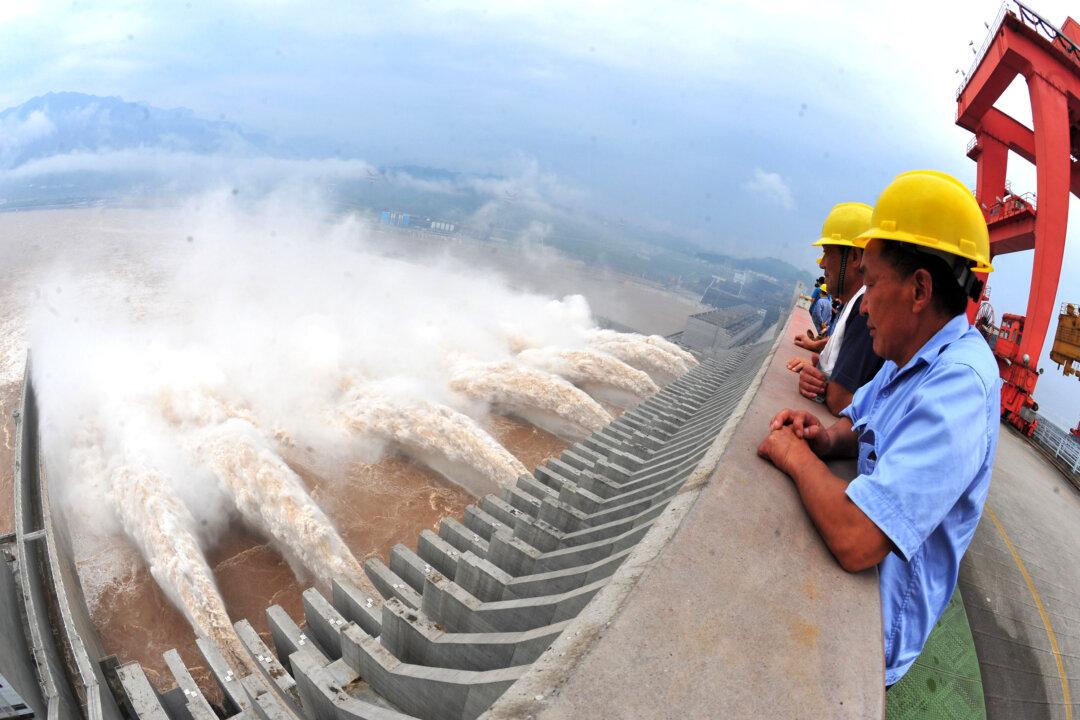The New York State Public Service Commission (PSC) has approved plans for a $4.5 billion transmission line by Montreal-based public utility Hydro-Québec that will deliver Canadian hydropower to the Big Apple.
According to officials, the 339-mile Champlain Hudson Power Express (CHPE) will begin delivering 1,250 megawatts of hydropower, created by dams in Canada, to New York City by 2025. Officials say it will be enough to power over one million New York homes.




